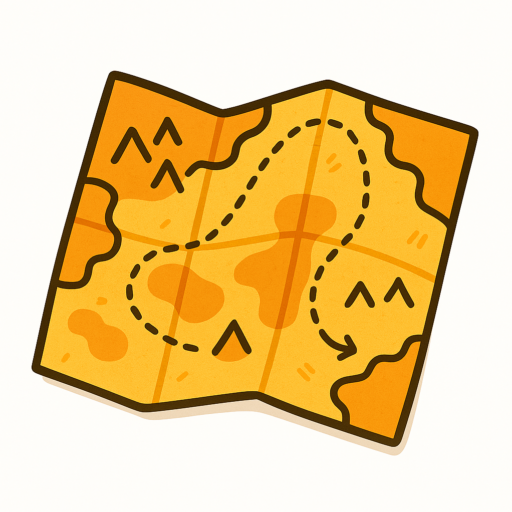*This article is part of the TOK Roadmap — a visual, all-in-one guide I created to help you ace Theory of Knowledge. [View the full roadmap here.]
In this post, I explain
- What are Core & Optional Themes?
- The Core theme: Knowledge and the Knower
- The 5 Optional themes
- How to approach assignments under one of these themes
What are Core & Optional Themes?
Now we’ve seen that TOK is about asking and answering Knowledge Questions. Core & Optional themes exist to put you at the center of these KQs. Areas of Knowledge, on the other hand (will be covered in the next post), are more subject-specific.
Core theme: Knowledge and the Knower
- ‘Knower’ means ‘I’, but also ‘you’, ‘us’, ‘them’, and ‘people’—basically how ‘I’ and humans around me interact with knowledge.
- There are lots of words that signify a knower or a group of knowers—’their’ ‘our’ ‘we’ ‘individuals’ ‘community’ etc – these all involve people.
The core theme exists to help you start thinking about the people involved in knowing something. For example, when you learn something in history, do you have any biases? Do we have a responsibility to examine our biases?
We all grew up in different places and therefore have different cultural backgrounds and viewpoints. This is the early phase in TOK class where you reflect on your unique culture, values, and biases. You also share what you learned in your IB classes and start questioning them.
The 5 Optional themes:
- Knowledge and Technology
- Knowledge and Language
- Knowledge and Politics
- Knowledge and Religion
- Knowledge and Indigenous Societies.
Now that you’ve reflected on yourself, IB gives you five optional themes you can explore in class (your teacher chooses two of these themes). While these are not about just you, these themes branched out of the core theme—they still involve the concept of the ‘Knower’.
Let’s look at words that signify a ‘knower’ in some of these questions.
Knowledge and Technology (source: IBO)
- How has technology had an impact on how we browse, search and filter data and information? Can algorithms be biased?
- In what sense, if any, can a machine be said to know something?
- Does technology allow knowledge to reside outside of human knowers?
As you can see, questions about technology are not merely about the technologies; they involve “we”, “a machine”, “human knowers”, “online communities” etc, who interact with these technologies.
You can think of optional themes as a way to look into real and relevant issues affecting our world (and therefore us), and not just stop at self-reflection.
This also means that studying these themes is, once again, not theoretical work. There are no philosophical concepts to be studied or memorized here. You need to answer these questions by finding real, and relevant issues and talking about them!
How to approach assignments under one of these themes
Given the human-centered nature of these themes, you will probably get a lot of opportunity to talk about your experiences. Regardless of which question you get, I recommend following these two rules to make your answer convincing and coherent:
1) Come up with a specific example to talk about
2) Always connect your answer to the keywords in the prompt
—Many people say using TOK lingo is important. But the truth is, you should first make sure you use the keywords that are already in the prompt before bringing in other concepts.
Consider this question: Does technology allow knowledge to reside outside of human knowers? — make sure to talk about some kind of technology and a group of human knowers (we, them, people, etc).
Practicing this is important because this is exactly what you will be doing in the assessments.

Leave a Reply